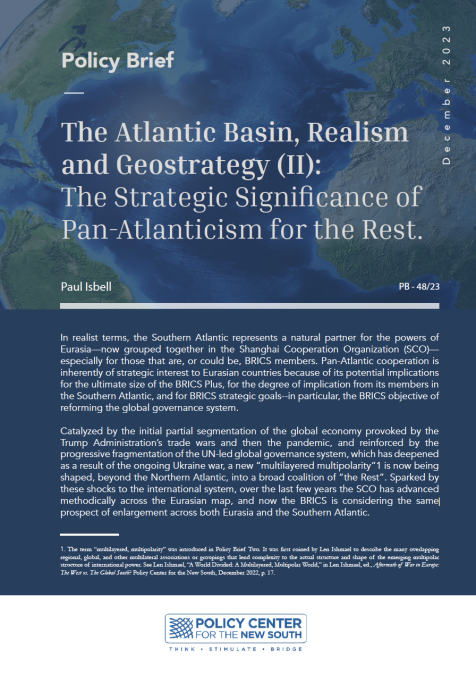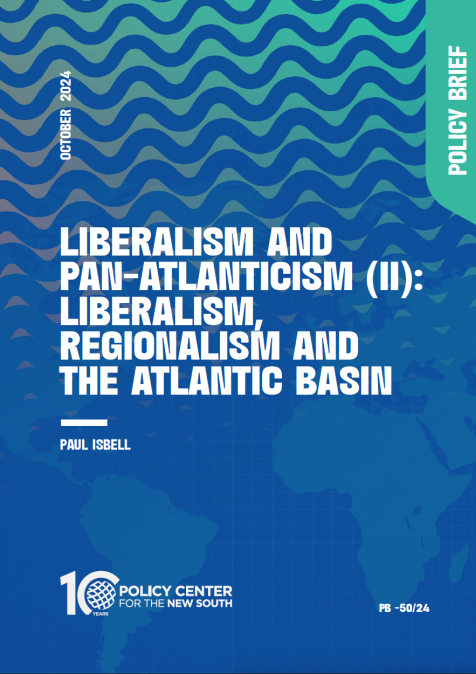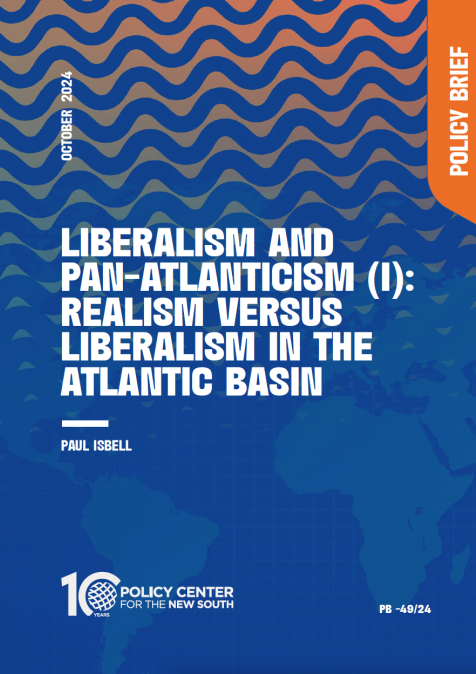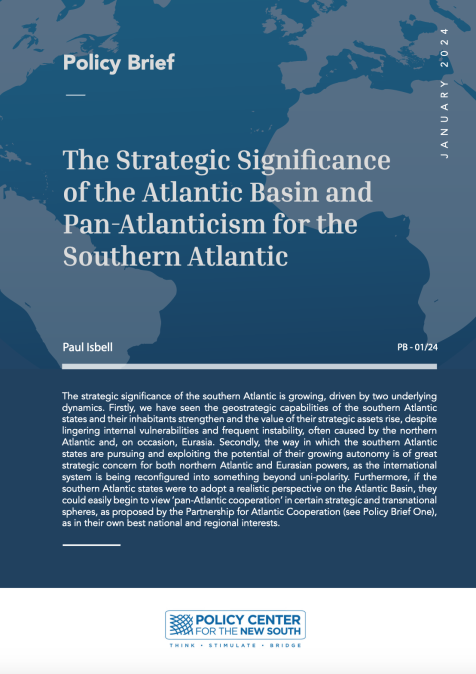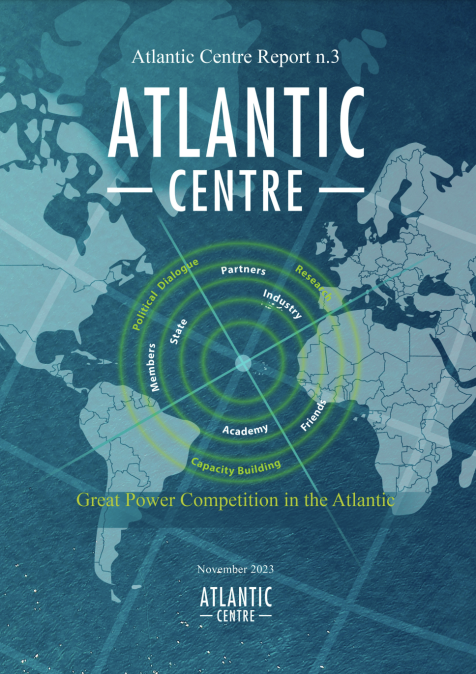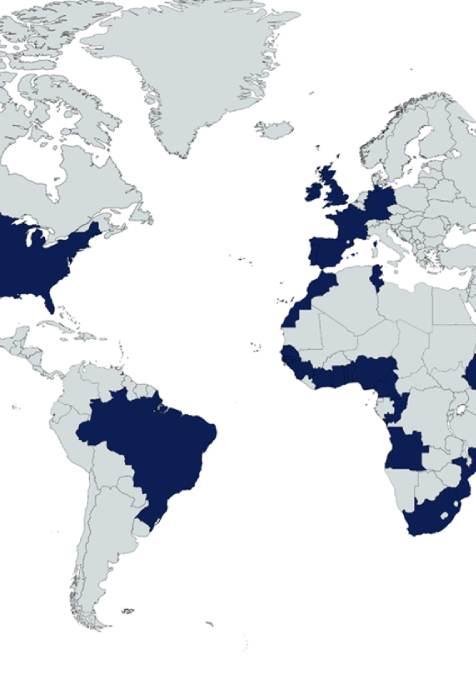Publications /
Policy Brief
In realist terms, the Southern Atlantic represents a natural partner for the powers of Eurasia—now grouped together in the Shanghai Cooperation Organization (SCO)— especially for those that are, or could be, BRICS members. Pan-Atlantic cooperation is inherently of strategic interest to Eurasian countries because of its potential implications for the ultimate size of the BRICS Plus, for the degree of implication from its members in the Southern Atlantic, and for BRICS strategic goals--in particular, the BRICS objective of reforming the global governance system.
Catalyzed by the initial partial segmentation of the global economy provoked by the Trump Administration’s trade wars and then the pandemic, and reinforced by the progressive fragmentation of the UN-led global governance system, which has deepened as a result of the ongoing Ukraine war, a new “multilayered multipolarity”1 is now being shaped, beyond the Northern Atlantic, into a broad coalition of “the Rest”. Sparked by these shocks to the international system, over the last few years the SCO has advanced methodically across the Eurasian map, and now the BRICS is considering the same prospect of enlargement across both Eurasia and the Southern Atlantic.

